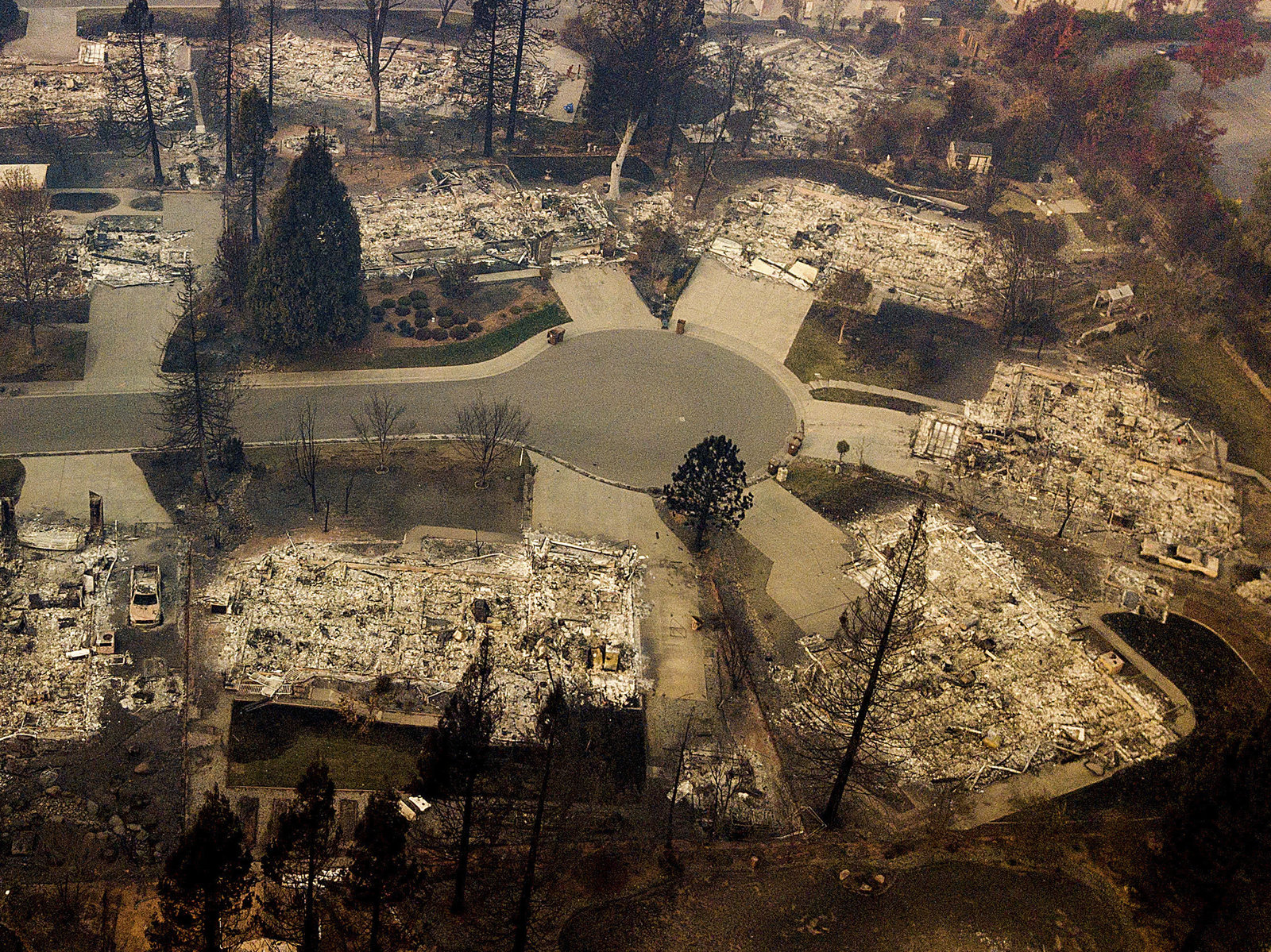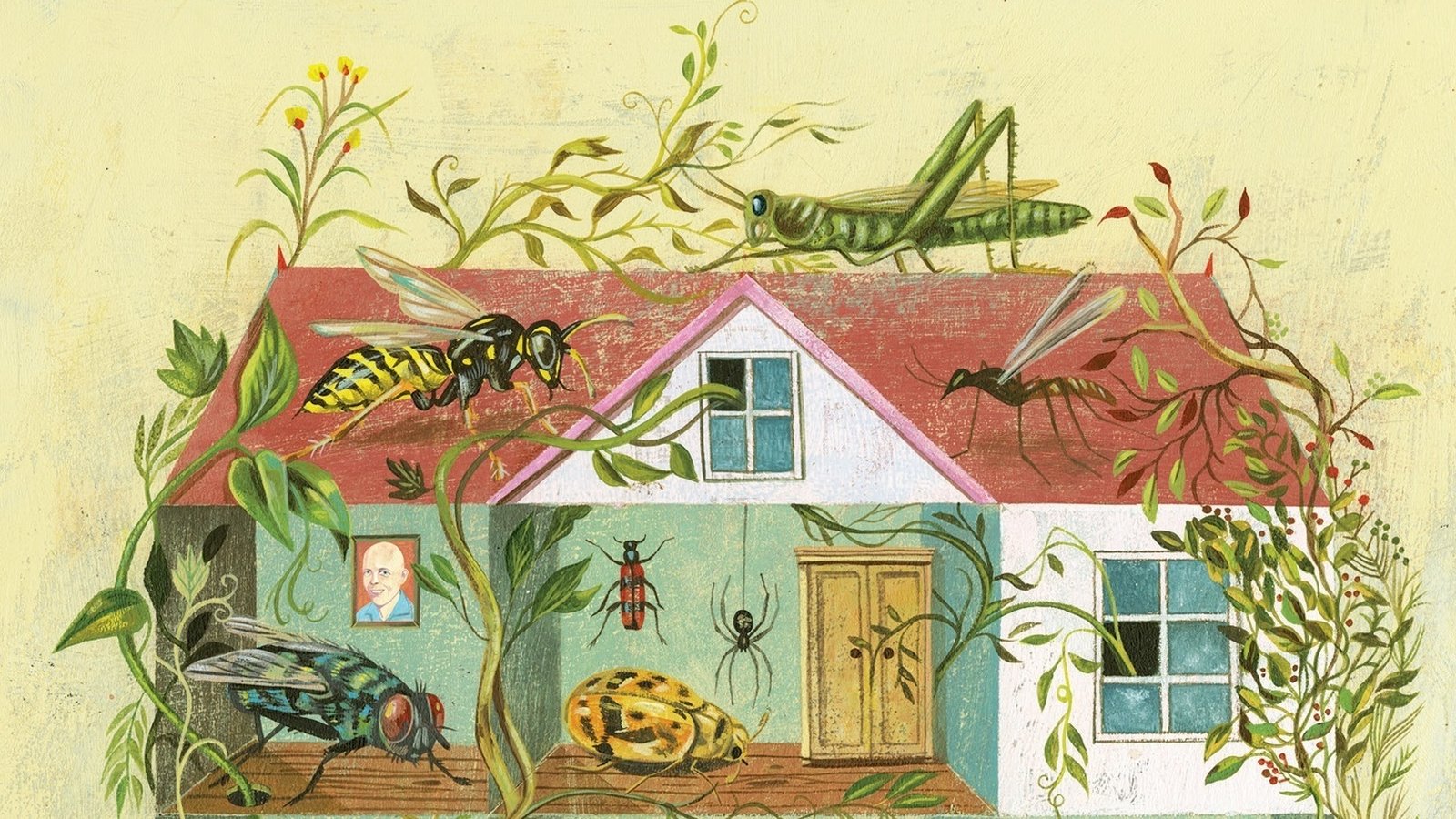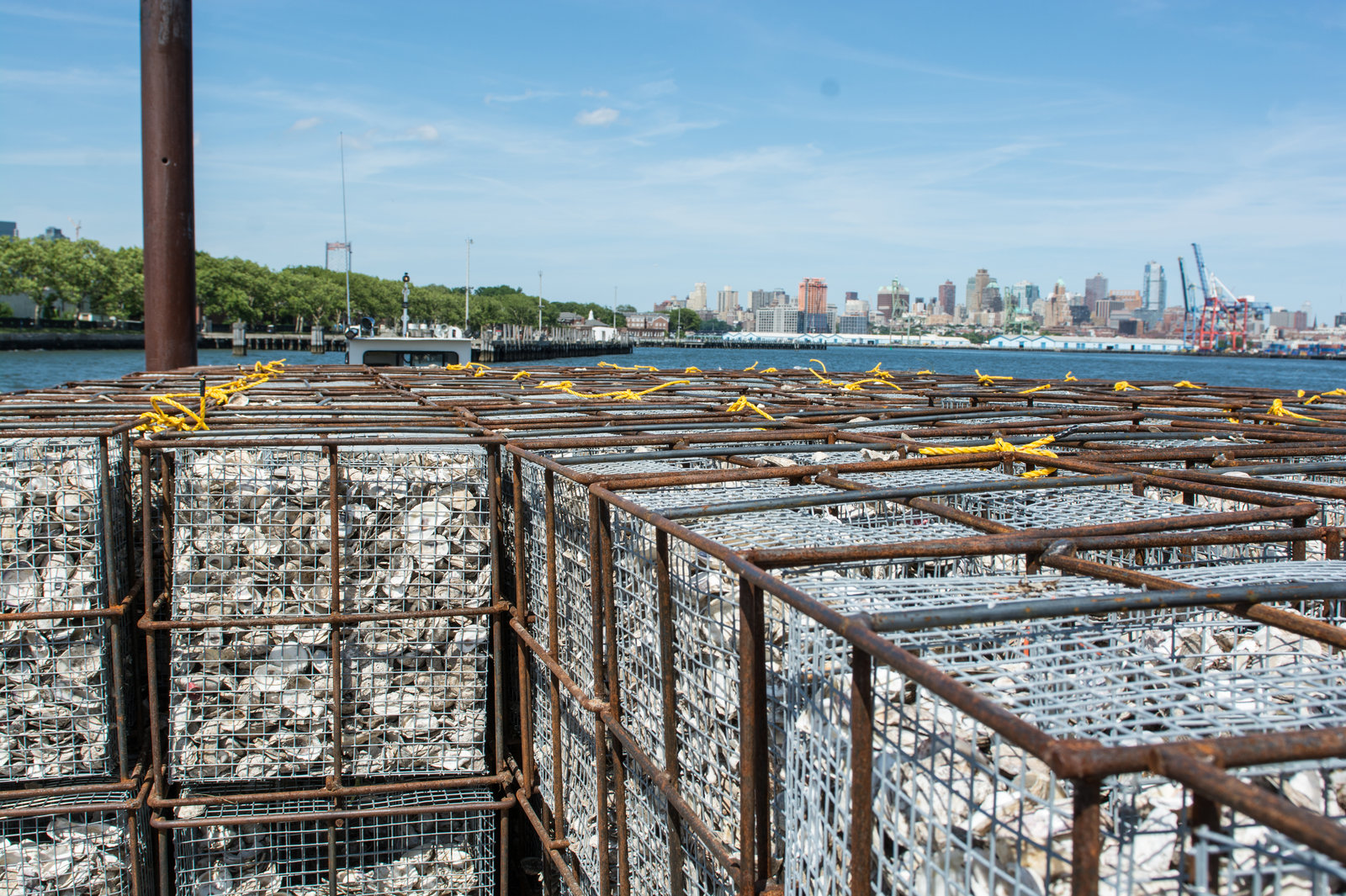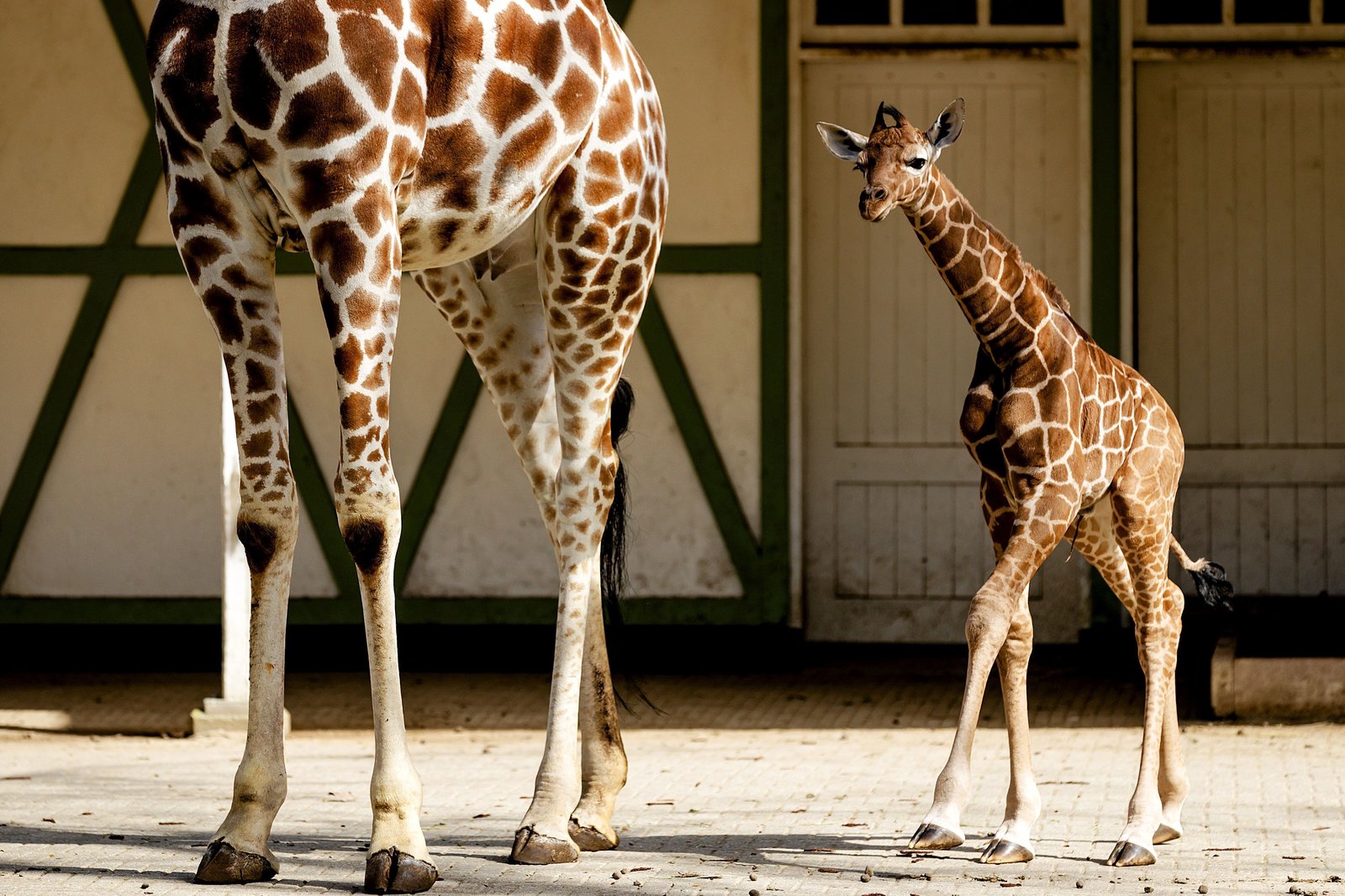 Sunday, November 25, 2018 at 11:16AM
Sunday, November 25, 2018 at 11:16AM How The 'New World' Symphony Introduced American Music To Itself
"Sometimes it takes an outsider to point out what's great about a culture. That's exactly what Czech composer Antonin Dvorak was when he came to the U.S. at the end of the 19th century, an immigrant thrown into a new world and new sounds."
exactly what Czech composer Antonin Dvorak was when he came to the U.S. at the end of the 19th century, an immigrant thrown into a new world and new sounds."
"Out of that experience, he wrote a symphony for America: Dvorak's Symphony No. 9, subtitled 'From the New World,' has become one of the world's most beloved orchestral works. It also produced a melody that is a hymn and an anthem to what American music can be."
"When Dvorak came to America in 1892, the Pledge of Allegiance was new. So were Carnegie Hall, the game of basketball and Edison's wax cylinders. Classical music in America wasn't new — but it needed a reboot. Already a celebrated composer in Europe, Dvorak was hired to run the National Conservatory of Music in New York to help American composers find their own voices and shake off the European sound."


















